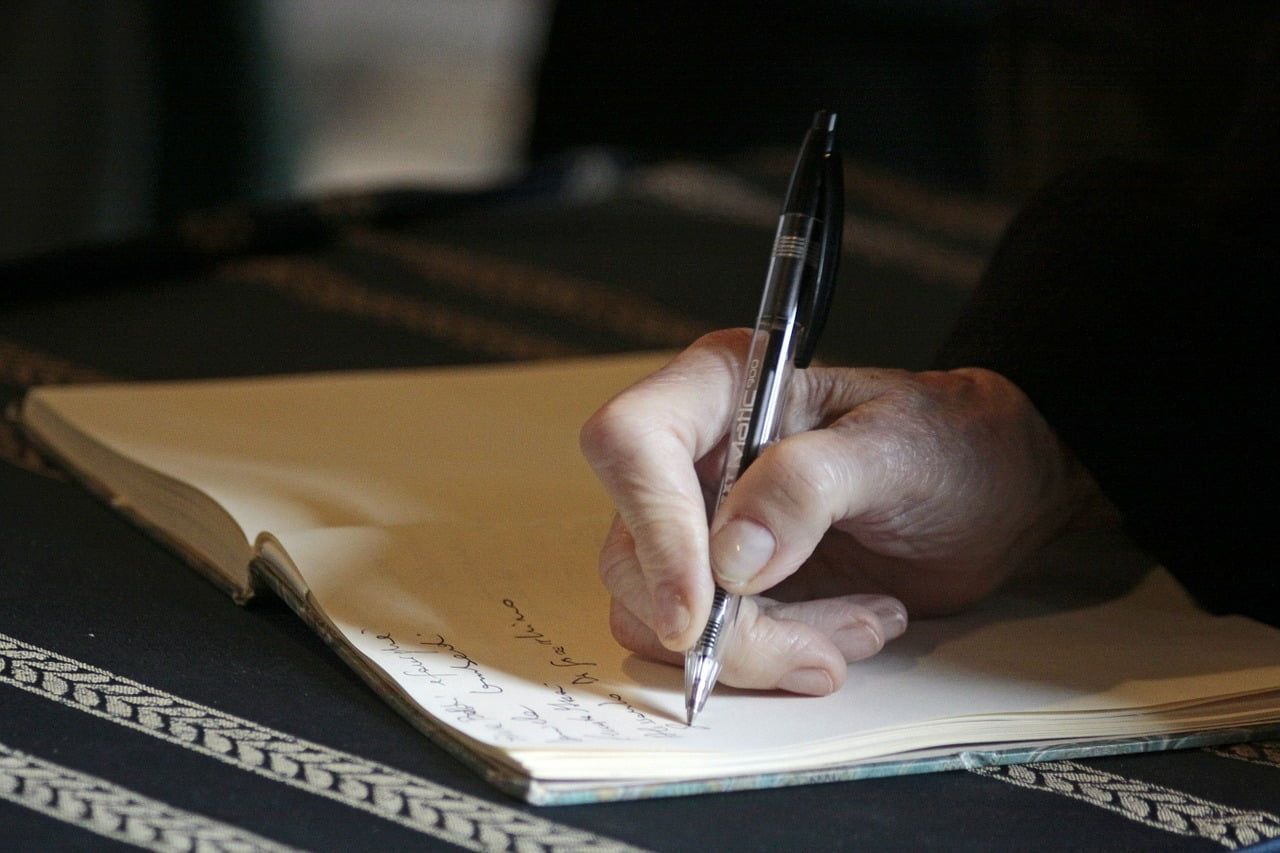Who wants to do an E-Will?

COVID-19 brought home a few trends most would not bother with otherwise. Remote working instead of showing up at an office and passing four budgets in as many months — it’s time to question deeply-held assumptions.
One deeply-held assumption which we might not be able to shake off is the archaic and highly formal process of getting wills done. The Wills Act is considerably vintage, dating earlier than the mid-nineteenth century. As such, it contains interesting oddities such as “a blank space shall intervene between the concluding word of the will and the signature”. You can do this by simply pressing “Enter” after you finish writing your will.
What do these restrictions mean in today’s context?
The main obstacle placed by the Wills Act is that two witnesses are required to witness your signing. You can type and save your will on your computer as much as you like, but it cannot be valid until it is witnessed physically.
The physical requirement of witnessing also makes the validity of e-signatures dubious. The Electronic Transactions Act excludes the creation and execution of wills explicitly. Your will therefore must have a physical manifestation, and someone has to use a pen (or other inking devices) to sign it.
Why is there resistance to change?
It’s not as if no one is trying here. Most people would like to attribute this to “tradition”. However, I also believe that this is perhaps the area where witnesses to a signature does have an impact on disputes. Wills can be challenged for various arbitrary reasons; claiming that [the testator was not thinking straight is one of the easiest](GHOST_URL__/settling-scores-through-your-will-it-doesnt-end-well/). When done correctly, your witnesses can provide that evidence.
The remote nature of e-wills and e-signature provides new avenues for attacks on the validity of your will. Somebody else clicked to sign in your place. How do you know someone is under undue influence when you are looking at them through your webcam?
I am not saying that these problems are insurmountable, even today. However, a process that works wells already exists right now. People who care about their will are willing to go to a law firm and pay for it. If a better solution is out there, it has to be significantly better than the current one.
… But this area is certainly looking at it.
Having a process that works does not mean it is perfect. In fact, there has been much movement in this area:
- OCBC released a free online will writing service
- Several paid services are available online from WillMaker, WillCraft and even MoneyOwl
It’s not clear whether the paid services are making money on their own. The “referral” aspect of the business seems obvious in cases like OCBC, so I suspect most services come together with some other (financial planning) product.
Of course, given the legal background, all these services can only draft a will. Execution is either a separate service (usually involving law firms) or DIY.
And there is room for improvement.
I tried the OCBC service and had the opportunity to view the results of WillMaker. From what I can tell, all these options employ an expert system to generate a will. The problem with the expert system is that the service is only as good as the questions asked.
I previously drafted wills as a charitable service. My primary audience then probably substantially overlaps with someone willing to use the OCBC service. If you would like to generate your own will and your assets are uncomplicated, the current services should fulfil your needs 60-80% of the time. The services are thus very substantial and useful. If you have a lot of odd requests and complicated assets, you must go to a law firm to sort out the ends.
The real problem is that most people who want to make a will don’t have any idea what they are doing. I don’t mean this in a legal sense like trying to dispose of your CPF by will. At this point, they are exploring their options or looking for an expert to challenge their conclusions. A will generator that merely does what the user wants may not be enough. The user wants to know whether the will they have in mind is the one they want.
A will that doesn’t inspire confidence in its user isn’t going to go very far. After going through the form filling exercise, users confront the formal requirements of will execution. They get worried about whether they are doing the right thing. Then they realise that they do need a law firm.
In the end, if you are going to go to some law firm anyway, the need to do an E-Will or e-signature vanishes.
Conclusion
This post might sound bleak for people looking for a change. However, look positively, and it is obvious that there is a need that hasn’t been fulfilled yet. Perhaps charging for an expert system is not likely to draw enough people to experiment with their options. The point is that there should be a system that is demonstratively better than what we have now. Only then will there be an impetus to remove the formalistic limitations of wills.
So who wants to do an E-Will?
#Law #tech #E-signature #ElectronicTransactionsAct #LegalTech #Singapore #Wills #WillsAct

- Discuss... this Post
- If you found this post useful, or like my work, a tip is always appreciated:
- Follow this blog on the Fediverse [Enter the blog's address in Mastodon's search accounts function]
- Contact me: